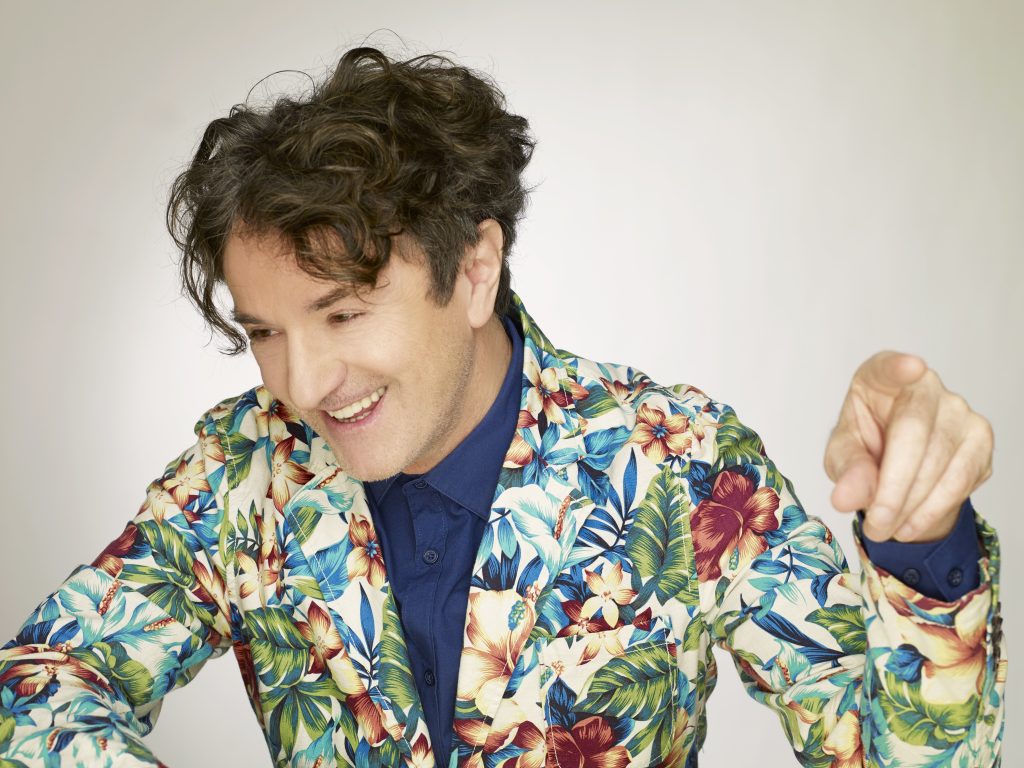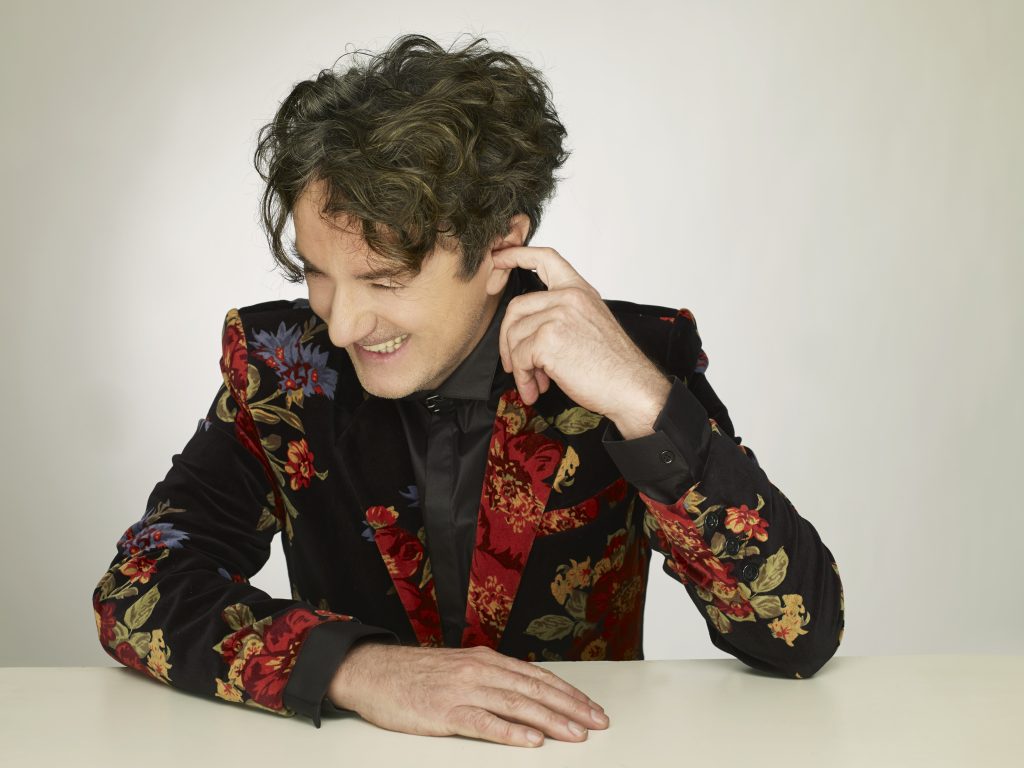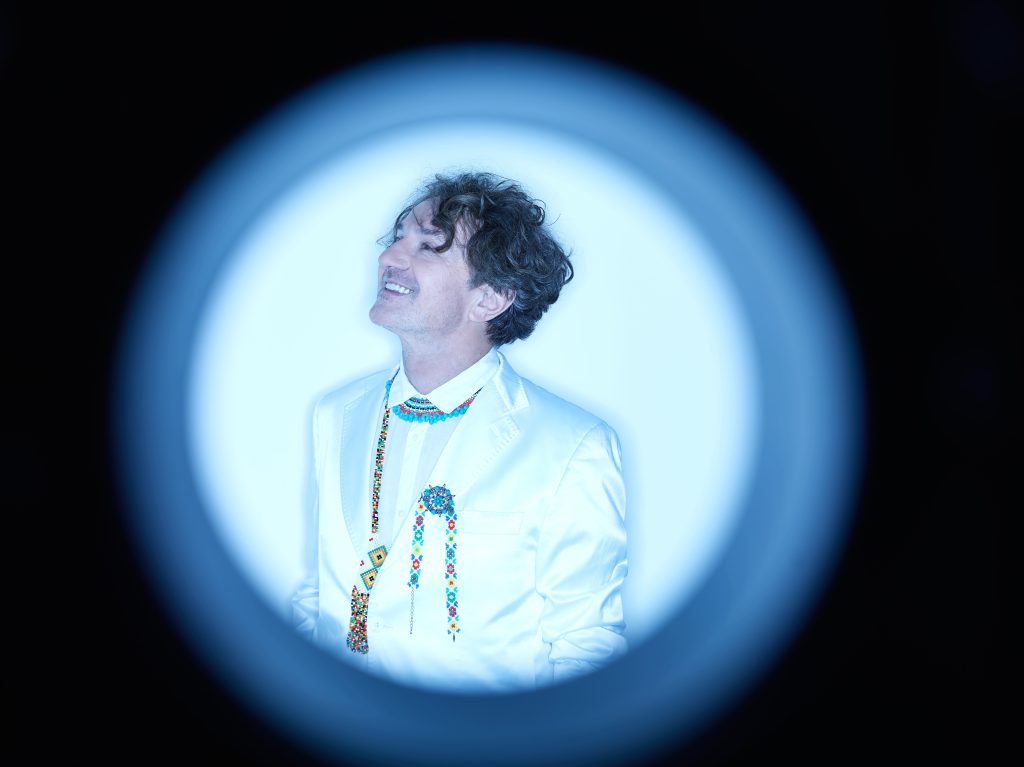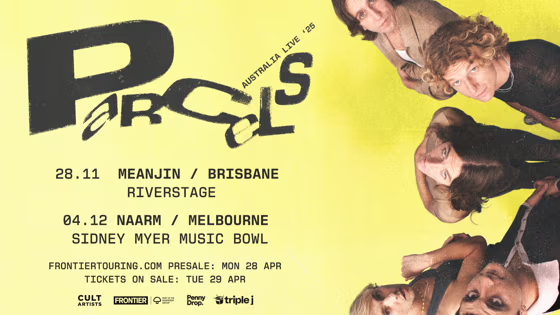There are few artists in the world who embody the spirit of celebration and cultural fusion quite like Goran Bregović. Born in Sarajevo to a Croatian father and a Serbian mother, Bregović’s life and music stand at the crossroads of Orthodoxy, Catholicism, Islam, and Judaism. He has performed over 3,000 shows around the globe—everywhere from Macau to Iceland—and worked with a staggering range of collaborators, including Iggy Pop and traditional Bulgarian singers. He is best known for his “Wedding and Funeral Orchestra,” whose very name reflects the exuberance, humour, and poignant traditions of Balkan life.

Goran Bregović’s music is a riotous fusion of history and passion, reflecting the tumultuous yet beautifully diverse tapestry of the Balkans. Whether he’s performing in a grand concert hall in Paris or a remote corner of the globe, his Wedding and Funeral Orchestra invites audiences to dance, to laugh, to cry, and to remember that in both celebration and mourning, we find our common humanity. From collaborations with rock legends to impromptu moments on stage that nearly defy the laws of physics, Bregović’s career is a testament to the enduring power of music to unite us all.
Irresistible sat down to find out absolutely everything and share some of our Balkan heritage.
My family is from the Dalmatian coast in Croatia, and we also had many Serbian relatives by marriage. Growing up, I never experienced a strict “Serbian versus Croatian” divide. How did your own upbringing inform your creativity and your music?
Goran Bregović: I’m from Sarajevo, and in my case, that means I was born at a crossroads of influences—Orthodox, Catholic, Muslim, Jewish. My father was Croatian, my mother Serbian. You see this mix in everything I do, especially in my music. When you grow up in a place that for five centuries was right on the frontier of different empires, you absorb all these flavours—sometimes it’s wonderful, sometimes it’s painful. But for a composer, it’s a treasure. You can hear all of those cultures swirling around in the melodies.
Balkan culture is gaining international attention, and you’ve been seen by audiences worldwide. What do you think it means for the Balkan region to be represented on a global stage?
GB: I think we’re seeing more curiosity about “small” cultures influencing the big ones—this goes for music, literature, film, even cuisine. And Balkan music has caught people’s imagination in the last 20 or 30 years. It’s spread everywhere. I play concerts all over the planet, from Siberia to New Zealand, and people are curious to discover something new, something vibrant. Deejays from South America or northern Europe use Balkan motifs in their mixes. It’s thrilling to see that exchange.

The name of your band, the “Wedding and Funeral Orchestra,” made me laugh and reminded me of so many Balkan weddings I’ve attended. What inspired you to choose that name, and how does it reflect the essence of your music?
GB: Originally, it was half a joke, but with a real truth behind it. Before they played with me, my brass musicians were the same ones who played at Serbian weddings and funerals. In the Serbian Orthodox tradition, people eat, drink, and even play the favourite music of the deceased after a funeral. Sometimes it can be joyful music—it’s a way of honouring life. Our music has always been tied to these moments of celebration or mourning, often with a lot of drinking and dancing. I love imagining people on tables, having fun, musicians in a great mood, creating not just music but a kind of madness!
You’ve performed more than 3,000 shows—an extraordinary feat. How do different audiences influence your performances, and what has been your most memorable concert experience?
GB: I’m a bit old-fashioned in that I believe in traveling the world and performing live, not just relying on internet videos. That’s how you really connect with an audience. People sometimes say the North is cold, the South is warm, but honestly, if you’re good on stage, you’ll see the same joy everywhere.
A memorable moment? I remember performing in Paris one month after I had broken two vertebrae in a fall. I was wearing a metal corset to support my spine, and they were taking me around in a wheelchair in airports. During the concert, I was sitting on stage, and suddenly a woman jumped up and started dancing on my lap! . I was scared to death if I fell down, I will break my spine, but luckily, luckily, she was just slowly dancing in my lap, and everything finished well, but I remember this little adventure, That’s the power of music—it brings us together, sometimes in hilarious ways
Your collaborations range from Iggy Pop to traditional Bulgarian choirs. How do these partnerships shape your musical direction, and what do you look for in a collaborator?
GB: Music is about bringing people together, so I like to actually be in the same room with my collaborators, share a meal, a conversation. It’s not just sending files over the internet. Over the years, I’ve been lucky to work with people I admire—artists whose autograph I’d be thrilled to get if I saw them in an airport.
For example, I did three songs with Iggy Pop for the soundtrack of “Arizona Dream.” We recorded in Philip Glass’s studio—he wanted a place without any smoke or drugs. Then, on the other side, I’ve recorded in tiny gypsy kitchens that smell like cooking and life. I love both extremes because the soul of music emerges wherever people truly come together.
Sarajevo is known for its multicultural tapestry, and you grew up surrounded by diverse traditions. It reminds me of cities in Australia, like Wollongong, where I grew up. How has that background shaped your compositions and themes?
GB: Sarajevo is a true melting pot. Growing up there, you’re surrounded by different rhythms, prayers, celebrations—so it’s natural for those sounds to find their way into your work. I think if you are born on a frontier, you are by nature open to mixing. For me, that’s the core of Balkan music: it’s always been about blending influences, crossing boundaries, celebrating life with all its colour and complexity.

WOMADELAIDE
7-10 March 2025
Botanic Park/ Tainmuntilla










